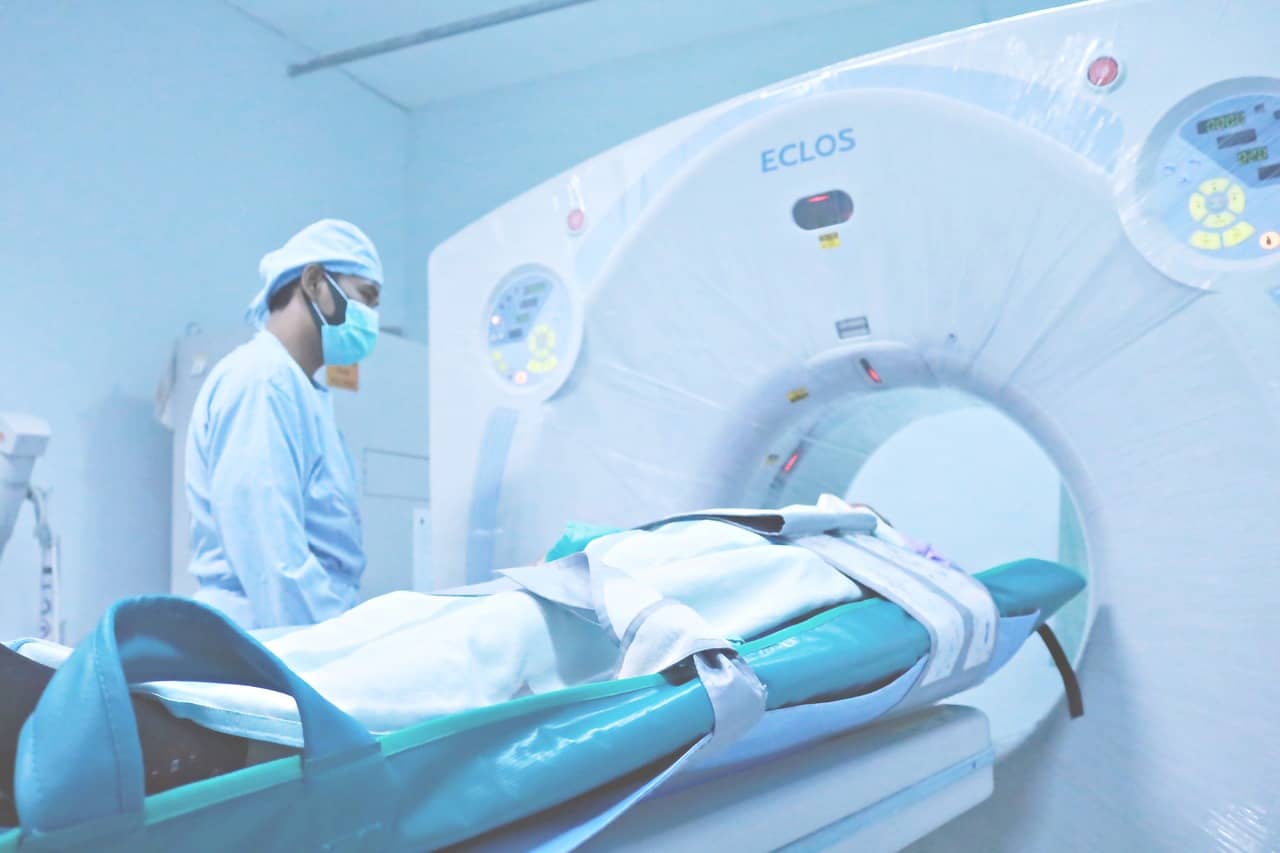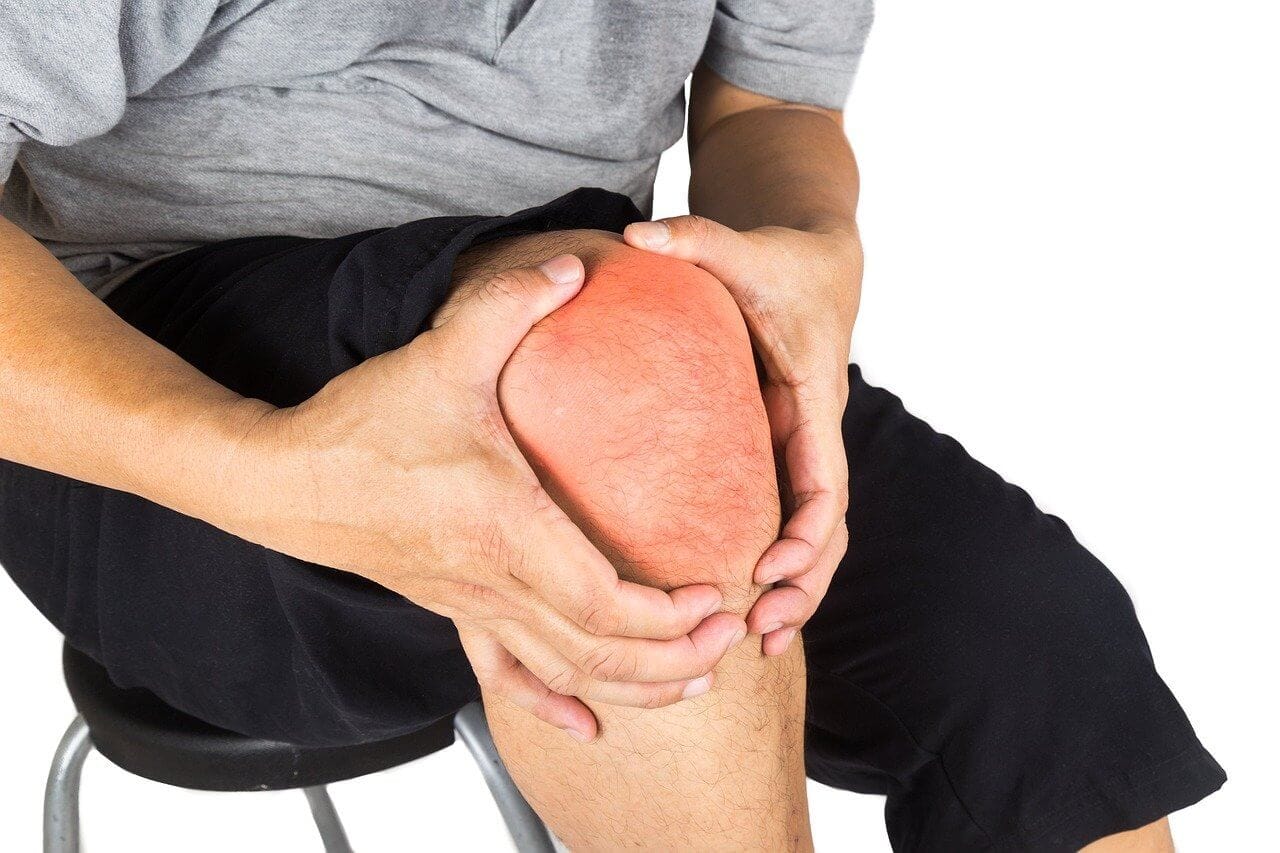Accidents can disrupt our rhythm in life, leaving us with personal injuries that demand attention. Today, we embark on a journey to uncover the intricate connection between personal injuries and the persistent discomfort known as chronic pain. The question echoes: Is chronic pain a lingering consequence of injury, and how do we navigate this complex terrain?
Unraveling the Mystery
Personal injuries, those unwelcome guests, disrupt the ebb and flow of our lives when least expected. A sudden fall on a slippery sidewalk or a car crash on a rainy day – scenarios that leave us with physical wounds and emotional scars. But what happens when the pain outlasts the expected recovery period? Is there a deeper link between personal injuries and the lingering discomfort known as chronic pain?
The Genesis of Chronic Pain
To unravel the connection between personal injuries and chronic pain, we must first understand what chronic pain truly entails. Chronic pain isn’t just a prolonged version of the acute pain experienced immediately after an injury. It’s a complex phenomenon that persists beyond the expected healing time. Imagine the initial sharp pain from a fall transforming into a constant, nagging discomfort that refuses to fade away.
The Body’s Alarm System
Our bodies are equipped with an intricate alarm system – pain. It serves as a warning signal, alerting us to damage and prompting necessary actions for healing. However, in cases of chronic pain, this alarm system seems to malfunction, creating a continuous signal even when the injury has supposedly healed. It’s like a car alarm that keeps blaring long after the thief has fled – unsettling, frustrating, and difficult to silence.
The Role of the Nervous System
To understand chronic pain further, we delve into the realm of our nervous system. Imagine our nervous system as a network of communication channels, transmitting signals between different parts of our body and the brain. When an injury occurs, these signals intensify, creating the sensation of pain. However, in cases of chronic pain, the nervous system appears to get stuck in a loop, continuously transmitting pain signals even when there’s no apparent threat.
Untangling the Web: Injury and Chronic Pain
Is chronic pain related to personal injuries? The answer isn’t a straightforward yes or no. While chronic pain often emerges following an injury, it’s not merely a result of the physical damage incurred. Instead, it involves a complex interplay of physical, psychological, and neurological factors that contribute to the persistent discomfort.
The Psychological Aspect
The psychological component of chronic pain must not be overlooked. After a car accident, even when physical injuries are healing, the memory of the event can linger, triggering stress, anxiety, and fear. These emotional responses can amplify the perception of pain, creating a cycle where mental and physical aspects intertwine, perpetuating the chronic discomfort.
From Acute to Chronic: Breaking the Chain
Understanding the link between personal injuries and chronic pain is crucial for breaking the chain and finding effective solutions. Recognizing that chronic pain is a complex interplay of factors allows us to explore holistic approaches to treatment. This may involve addressing not only the physical aspects of the injury but also delving into psychological and neurological interventions.
Seeking Relief: A Holistic Approach
In the UK, healthcare professionals are adopting a holistic approach to chronic pain management. Physical rehabilitation, mental health support, and mindfulness practices are becoming integral parts of treatment plans, acknowledging the interconnected nature of physical and mental well-being.
Navigating the Legal Landscape
As we explore the link between personal injuries and chronic pain, it’s essential to touch upon the legal landscape. Individuals in the UK experiencing chronic pain following a personal injury may be entitled to compensation. Navigating the legal process, however, can be complex, requiring a thorough understanding of the connection between the injury and the chronic pain.
Making a Personal Injury Claim with National Claims
In the pursuit of justice for those grappling with chronic pain after a personal injury, National Claims steps onto the stage. The claims process involves a meticulous examination of the link between the initial injury and the enduring discomfort. We navigate the legal landscape with expertise, ensuring individuals receive the compensation they deserve for their prolonged suffering.

Conclusion
In our journey to explore the link between personal injuries and chronic pain, we’ve discovered that the relationship is far from linear. Chronic pain involves a web of physical, psychological, and neurological factors that contribute to the persistence of discomfort long after the initial injury. Addressing chronic pain requires a comprehensive, holistic approach that acknowledges the interconnected nature of our physical and mental well-being.
Whether in the bustling streets of the UK or elsewhere, the exploration continues, urging us to unravel the mystery further and seek innovative solutions for those grappling with the enduring effects of personal injuries. As we navigate this intricate landscape, it becomes clear that addressing chronic pain requires not only a deep understanding but also a compassionate and effective approach to healing.
Start your claim today by contacting us and speak to one of our claims specialists.
Click below to see why we are one of the most trusted claims management companies in the UK.

We’re proud of our excellent customer reviews
We thrive on delivering exceptional service and ensuring our clients’ satisfaction. Don’t just take our word for it. Check out some of our independent reviews to see what our clients have to say.
Excellent

This firm is excellent, they sorted out my car pay out and injury claim very fast, they always communicate with you all the time.

My accident case was dealt with confidence and with great result of the outcome, especially James kept me informed all the time.

I was very impressed at the way my inquiry was treated. I was listened to attentively and everything I needed to know was explained to me.






